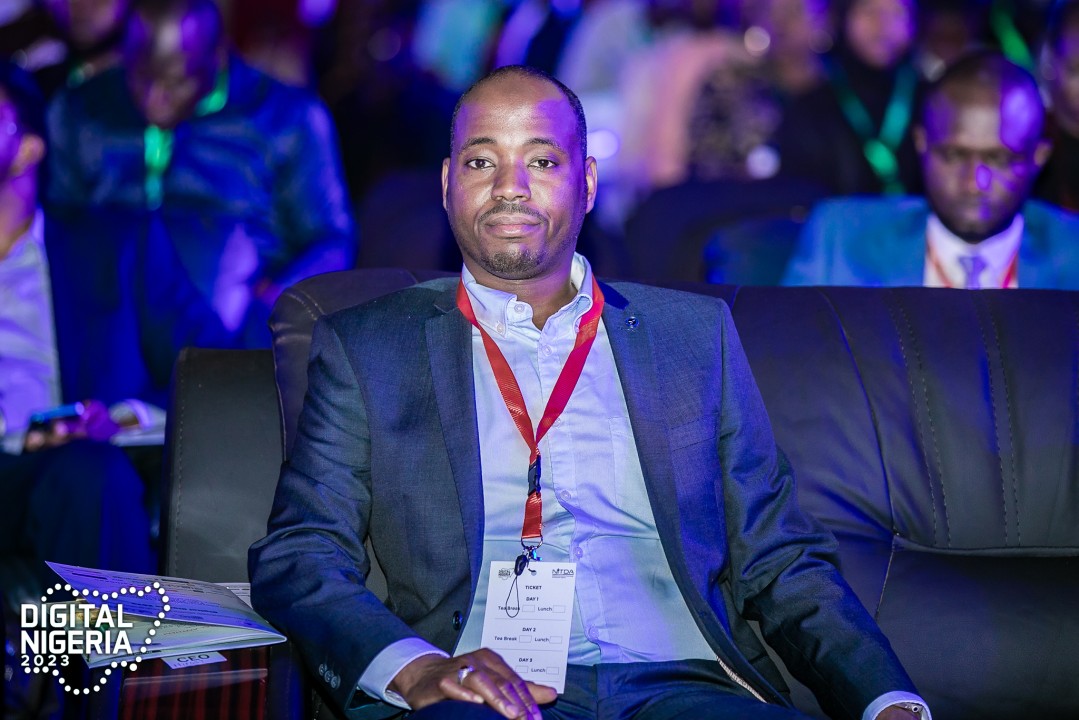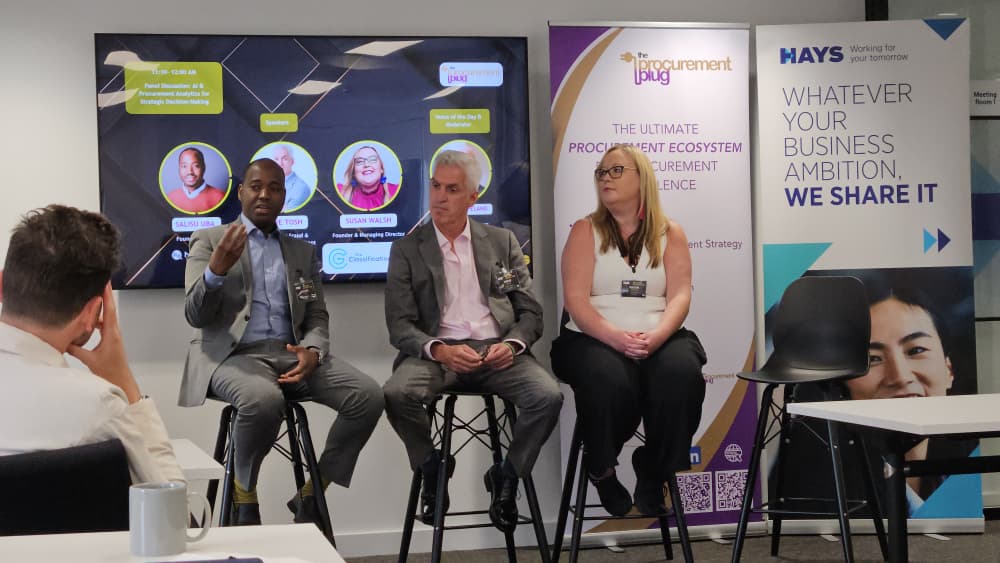Dr Salisu Uba, FCIPS, NatQuest
“Dream big, develop yourself, unleash your potential, play well with others, play to your strengths, enjoy the process, share your unique gifts with the world, and grow your greatness by testing yourself, expanding yourself, learning and improving” this is a popular quote within the field of Personal Development.
Personal development is a lifelong process. It’s a way for people to assess their skills and qualities, consider their aims in life and set goals in order to realise and maximise their potential. It helps you to identify the skills you need to set life goals which can enhance your employability prospects, raise your confidence and lead to a more fulfilling, higher-quality life. Plan to make relevant, positive and effective life choices and decisions for your future to enable personal empowerment.
Some refer “Organising Your Time” as the most critical aspect to PD and attaining greater prospects in life. Not really but If you are considering making changes in your life, finding additional time often poses a problem. It could be that the changes you are thinking of making are to ensure you have extra time to:
Spend with your family.
Spend on things you enjoy doing.
Devote to your work.
Devote to your education.
Whatever the reason, looking at how you spend your time will encourage you to think of ways your time could be managed more effectively.
Furthermore, Analysing your existing skills will help you to identify both skills and personal qualities that could be used in another field, especially in a fast-changing world. Further examples of transferable skills are IT skills, interpersonal skills, communication (verbal and written), organisational skills, literacy and numeracy, problem-solving and understanding the needs of others or emotional intelligence.
Some of the Practical Steps to Personal Development include:
Organising your time.
Producing a personal profile.
Skills appraisal gives it a better understanding.
Looking toward transferable skills.
And, Overcoming barriers to learning a new skill.
Obviously, learning a new skill will broaden the opportunities open to you, at the same time as empowering you as an individual. There are many things that prevent people from learning new skills, these barriers may be overcome with some thought. Some these include:
Lack of Confidence: This is one of the greatest obstacles facing many individuals. However, if this is a problem, ask yourself if there is anyone who would support and help you take the first steps towards learning a new skill. Often, once the first move is made then the greatest hurdle is overcome. Confidence increases as you develop new skills. Get some of the books that provide guide on how to build self-confidence.
Economic factor: Once you see your financial situation as a barrier to developing new skills, this need not be the case. In the global edge of today the internet has lots of websites and tools that can help you develop specific skills. There may be courses offered in local schools, colleges or universities which are free or offered at a reduced rate for people on a lower income ( e.g. Coursera ). Distance-learning courses allow you to study at home which can help to reduce the cost of learning. Trust funds or charities may offer grants for people developing new skills in your area. It is also possible to learn a new skill with the aid of books from a library. Also, voluntary work can provide an excellent opportunity for learning and developing new skills as can being a member of a local group or society.
Family Commitments: If you have family commitments that prevent you from having the time to learn a new skill, perhaps it is possible for you to enlist the help of a friend or family member to give you a few free hours weekly. Colleges and universities offering vocational training courses may have free.
Lack of Time: Time Management is essential and Minimising Distractions and considering how you could reorganise your time to fit in the development of a new skill.
Thus, Personal development (PD) is a much-used and much-maligned term. It is about taking the time and, making the commitment, to invest in your greatest resource – you. When you put effort into developing yourself, the rewards are amazing. Consequently, many of us put off personal development because the results are not always measurable. However, the greatest achievers in life know that the key to success is the ability to manage themselves in a variety of situations. That ability comes through personal development.
It is not too late to start and change, when you work toward changing your present situation, you will achieve a lot.
“Life isn’t about finding yourself. Life is about creating yourself.” — George Bernard Shaw




